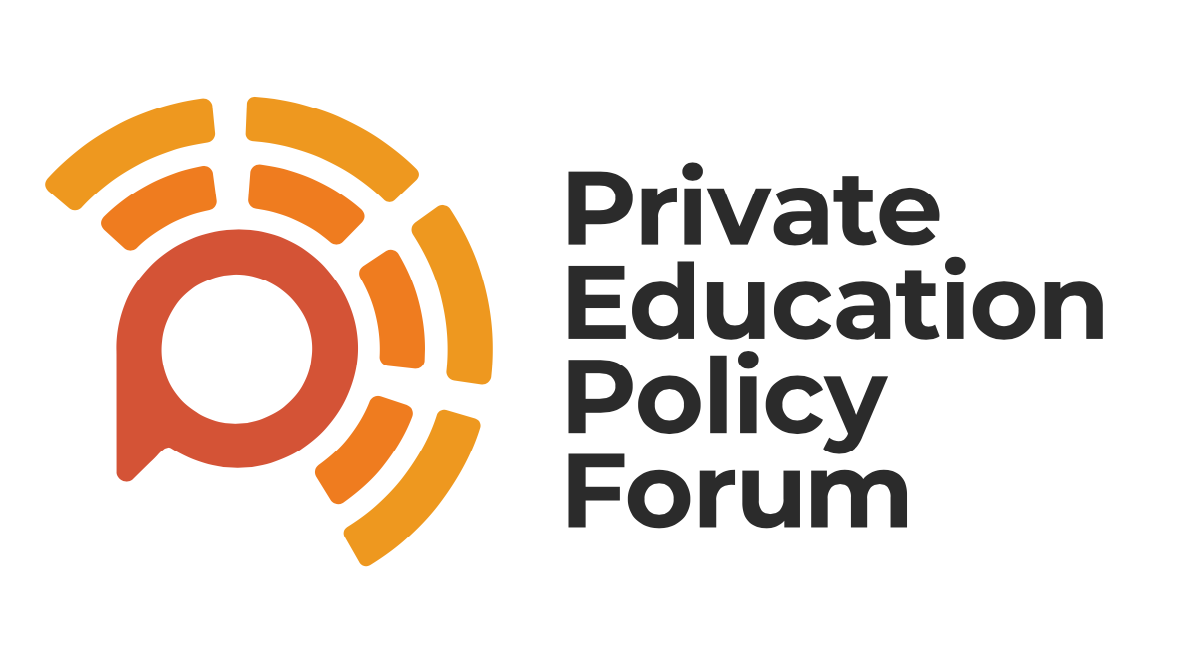
Maggie Browning
Cambridge University has set a goal for a third of the university’s intake to come from the most underrepresented and disadvantaged groups by 2035.
There is still a long way to go before achieving this, not least by continuing to attract applicants from a wider range of backgrounds.
According to Cambridge’s student newspaper Varsity, 52 per cent of Cambridge applicants between 2014 and 2019 hadattended a private or grammar school for either their GCSE or A-Level education (or for both).
Worse still, 60 per cent of students who received an offer were in this category.
Given the stark underrepresentation of students from disadvantaged backgrounds at both grammar schools and private schools, there is a clearly a long way to go.
‘Adjusting up’
Over the last 10 years, significant steps have been taken by the university to improve access for disadvantaged students, through extensive outreach work and through the adoption of the UCAS Adjustment process.
This is where students who have been through the Cambridge interview process, but were not offered a place, are able to “adjust up” on results day, if their final exam grades exceed their firm offer e.g. if they were predicted AAB but they actually achieve A*AA.
This process is only available to students who meet specific criteria indicating significant disadvantage.
Participation in the UCAS Adjustment process is particularly welcome given the tendency for disadvantaged students to receive lower predictions when compared with their final grades, against their more affluent peers.
‘New pathway offers potential’
Now Cambridge’s newest initiative to improve inclusion is through offering a foundation degree – the launch of which I attended last month.
Other universities and courses have had the option of a foundation degree for some time, for instance as a pathway into medicine, such as Manchester, Nottingham and King’s College London.
Bristol University also offers a foundation year in arts and social sciences, again aimed at young people from disadvantaged backgrounds.
With the new Cambridge foundation degree, which starts in 2022, students who have experienced significant educational disadvantage will be eligible to apply for a foundation year in the arts, humanities and social sciences. The A-level entry requirements will be BBB.
The foundation year will be a one-year, residential programme (where students will live in their college, with other undergraduates) and students will receive a Certificate of Higher Education at the end.
Students who achieve the agreed standard on the foundation course will then be able to progress onto one of 18 Cambridge undergraduate degrees.
For the 2022 intake, there will be only 50 places available for the foundation degree, with plans to expand the number of places in subsequent years.
The foundation degree has the potential to do much to open pathways for the most disadvantaged students to study at one of the world’s most competitive universities. The stark barriers to entry are well known.
Every year 20,000 students apply for 3,500 places, and the standard entry requirements are A*AA. Young people from the most affluent backgrounds and from fee-paying schools are still much more likely to gain a place.
‘Hyper focus on Oxbridge access?’
But for me, there is a wider question. The event I attended about the new foundation degree emphasised Cambridge’s reputation as a highly selective university.
The point of schemes like this is to support all worthy candidates to attain a coveted place on a Cambridge undergraduate degree – rather than address the hyper-selectiveness of the institution itself.
Should Oxford and Cambridge be allowed to continue and maintain their culture of competitiveness and elitism? Is the culture of survival of the fittest that is perpetuated at these universities really necessary?
Perhaps what we actually need is a “levelling up” where there is a greater parity of esteem across our university institutions and similar levels of challenge within degrees of similar content.
If we don’t believe in selection for secondary school places, why is there such stratification in our tertiary education system?
It means your A-level grades and performance in an interview aged 17 can have a profound impact on the trajectory of your career.
At a pre-lockdown PSPR event, Liverpool College headteacher Hans Broekman bemoaned the uniquely British obsession with Oxbridge.
The key reason that there is a such a focus on “access” to Oxbridge at all is because we, as a society, have accepted the privileges and advantages a degree from one of these institutions affords.
The overrepresentation of Oxbridge graduates in our most powerful industries is well documented. While 19 per cent of MPs went to Oxford or Cambridge, nearly half of the current cabinet did.
According to the Sutton Trust, 44 per cent of newspaper columnists went to Oxbridge, along with 36 per cent of the News Media 100 list of editors and broadcasters.
The picture is similar in law and the arts.
‘Radically change funding’
In lots of countries around the world (aside from the obvious examples of the Ivy League universities in the US and perhaps some universities in France), universities are not seen as wildly different from each other.
To aim for a similar system in the UK would be a much healthier approach to higher education, rather than the “golden ticket” approach we currently have.
We could radically change how universities are funded, with significant long-term investment from the state, thus taking away the reliance on long-standing wealth and donations from alumni that gives Oxford and Cambridge colleges such an advantage.
A second would be to encourage “blind applications” for jobs, where applicants declare their subject of study from university but not the institution where the degree was acquired.
Instead, the application and interview process could focus on competencies and relevant knowledge and experience, rather than relying on the reputation of different higher education institutions.
There is a received wisdom that supporting more young people from disadvantaged backgrounds to attend universities like Oxford and Cambridge can only be a “good thing”. I agree but I don’t think it gets to the root of the issue.
In my view, we need a wider conversation about how we have allowed two higher education institutions to develop such a hold on our most powerful professions and how this can begin to be unpicked.
Until we do so, the uniquely British obsession with Oxbridge will continue.
Maggie is a teacher and Labour councillor in London.



